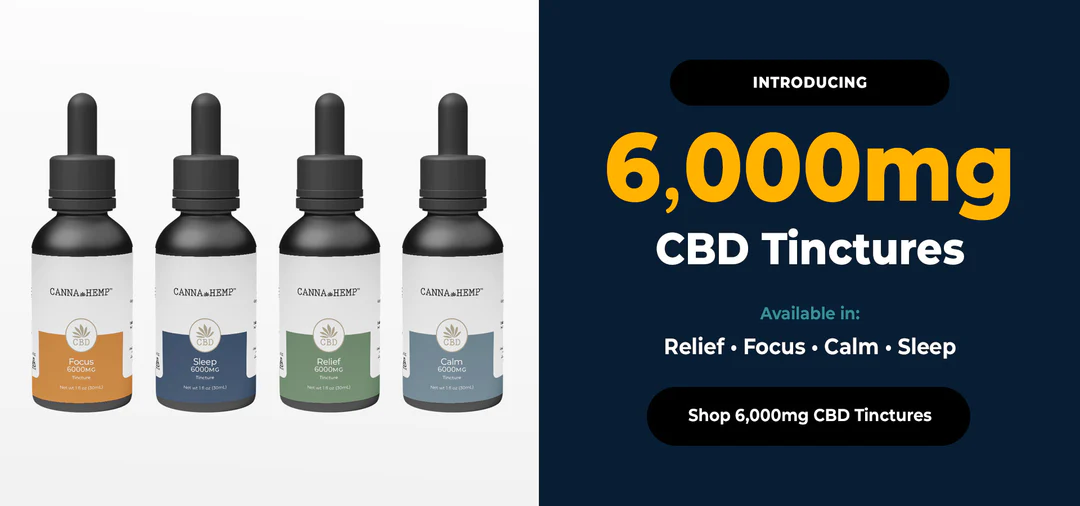Sleep health has become a hot topic, with more people seeking natural remedies to improve their sleep quality. One natural solution that has gained significant attention is CBD, a cannabinoid derived from the hemp plant. In this blog post, we will delve into the world of CBD as a sleep aid, providing valuable insights for individuals ranging from occasional insomniacs to those grappling with chronic sleep disorders.
Defining Cannabidiol
CBD, short for cannabidiol, is a natural compound found in hemp plants. Unlike its cousin THC (tetrahydrocannabinol), CBD is non-psychoactive, which means it doesn’t induce a “high” sensation. CBD products, such as CBD sleep tinctures and the best CBD sleep products, are derived from hemp and contain minimal levels of THC, ensuring a safe and non-intoxicating experience.
The Science Behind CBD and Sleep Improvement
Numerous studies have explored the potential benefits of CBD for sleep health. Research suggests that CBD interacts with the body’s endocannabinoid system, which plays a crucial role in regulating various physiological processes, including sleep. By interacting with receptors in this system, CBD may help promote relaxation and support more restful sleep.
Studies have shown that CBD may reduce anxiety, a common culprit behind sleep disturbances. By alleviating anxiety symptoms, CBD can help calm the mind, making it easier to fall asleep and stay asleep throughout the night. Additionally, CBD has been found to have potential analgesic properties, which can alleviate pain and discomfort, further aiding in sleep quality.
Exploring CBD Consumption Methods
CBD is available in various forms, allowing individuals to choose the method that best suits their preferences and needs. Here are some popular CBD consumption methods:
Oils and Tinctures – CBD oils and tinctures are commonly used for sleep support. These products are taken sublingually, meaning they are placed under the tongue for absorption into the bloodstream. Start with a low dosage and gradually increase as needed, allowing the body to adjust to the effects.
Edibles and Capsules – CBD-infused edibles, including as gummies, chocolates, or capsules, offer a convenient and discreet option for incorporating CBD into a sleep routine. Keep in mind that the effects of edibles may take longer to kick in compared to other methods, as they need to be metabolized in the digestive system.
Topicals – Such as creams and lotions, are primarily used for localized relief and may not directly impact sleep. However, they can be beneficial for easing muscle tension or discomfort that may interfere with restful sleep.
Important Considerations
Before incorporating CBD into your sleep routine, it is crucial to consult healthcare professionals, especially if you have underlying health conditions or take other medications. They can provide personalized guidance based on your specific circumstances.
While CBD is generally well-tolerated, it can cause mild side effects, including dry mouth, drowsiness, or changes in appetite. These effects are typically temporary and subside as your body adjusts to CBD. It may interact with certain medications, particularly those that are metabolized by the liver. It’s essential to discuss CBD use with your healthcare provider to avoid any potential adverse interactions.
Integrating CBD Into a Sleep Routine
To maximize the benefits of CBD for sleep, it is essential to establish a consistent sleep routine. Here are some tips to help you integrate CBD effectively:
Set a Regular Sleep Schedule
Go to bed and wake up at the same time each day to regulate your body’s internal clock and improve sleep quality. Consistency is key when it comes to establishing healthy sleep patterns.
Create a Relaxing Bedtime Ritual
Incorporate calming activities into your pre-sleep routine to signal to your body that it’s time to unwind. This could include reading a book, practicing mindfulness or meditation, taking a warm bath, or listening to soothing music.
Determine the Right Dosage and Timing
CBD affects individuals differently, so finding the optimal dosage and timing for your needs may require some experimentation. Start with a low dose and gradually increase if necessary. It’s recommended to take CBD approximately 30 minutes before bedtime to allow ample time for its effects to take place.
Track and Monitor Your Sleep Progress
Keep a sleep journal to track your sleep patterns and note any changes or improvements after incorporating CBD into your routine. This can help you assess the effectiveness of CBD and make any necessary adjustments.
CBD has emerged as a potential natural remedy for improving sleep quality. By interacting with the body’s ECS, CBD may help alleviate anxiety, reduce pain, and promote relaxation, ultimately leading to a more restful sleep experience. When incorporating CBD into your sleep routine, it’s crucial to consult healthcare professionals, track your progress, and establish a consistent sleep schedule. Remember, CBD is just one piece of the puzzle in achieving healthy sleep, and it works best when used in conjunction with other sleep-promoting practices.
As interest in CBD for sleep continues to grow, it’s important to stay informed and make informed decisions regarding its use. By understanding the science behind CBD, exploring various consumption methods, and addressing common concerns, you can make the best choices for your sleep health. So why not explore the potential benefits of CBD and embark on a journey towards more restful nights? Just remember to prioritize your well-being, consult professionals, and enjoy the benefits of a rejuvenating sleep routine.
